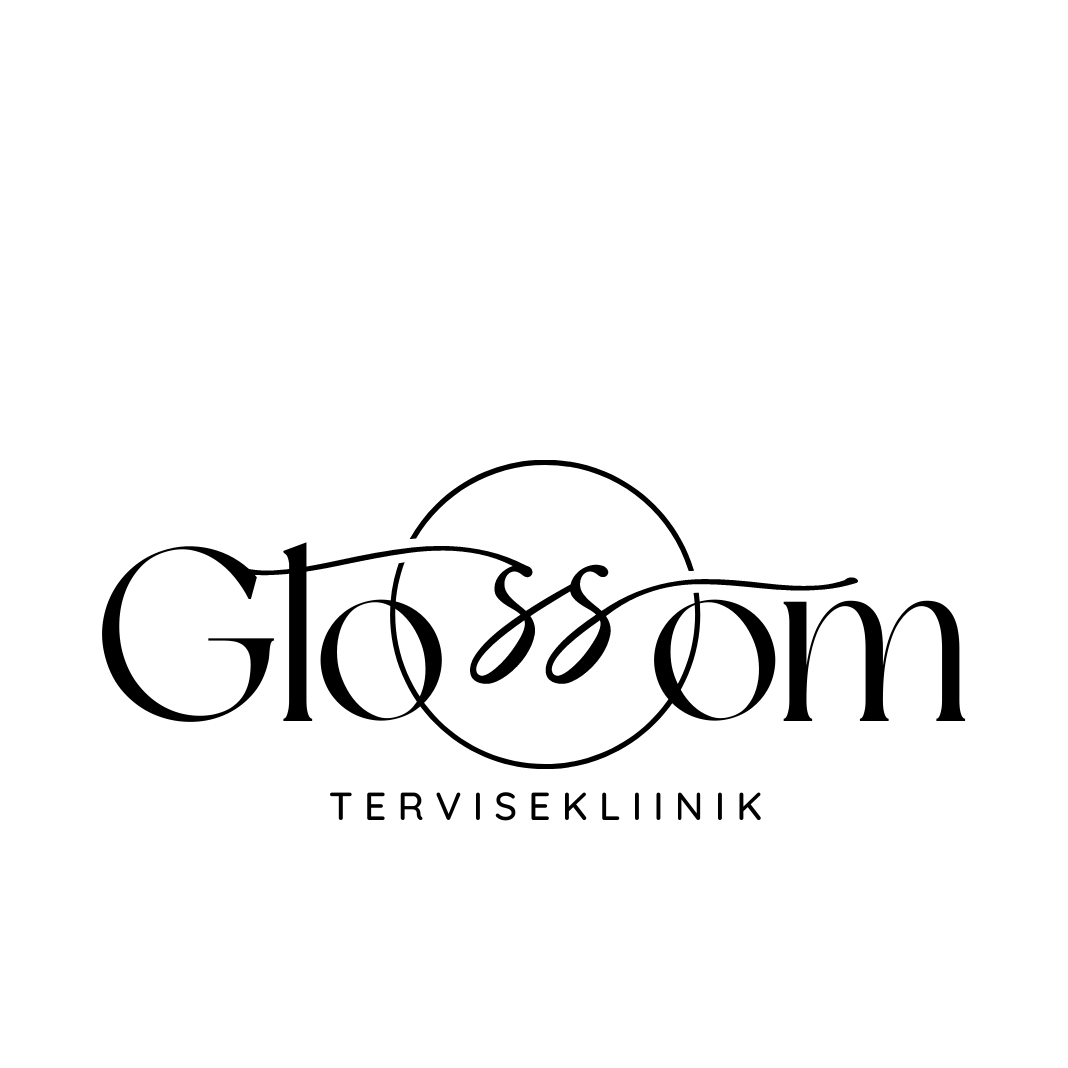The importance of myofunctional therapy in child speech development
Myofunctional therapy is a specialized form of therapy that focuses on the muscles of the mouth and face, and their impact on functions such as breathing, swallowing, and speech. It is based on the principle that proper muscle function and coordination are essential for the development of clear and effective speech.
Myofunctional disorders can lead to a range of speech impediments in children. These disorders are often characterized by improper tongue placement, difficulty in swallowing, and mouth breathing, all of which can significantly affect a child's ability to articulate sounds correctly.
The Role of Myofunctional Therapy in Speech Development
Through targeted exercises and techniques, myofunctional therapy helps to strengthen and coordinate the orofacial muscles, thereby improving speech clarity and articulation. It also addresses habits such as thumb sucking and tongue thrusting, which can interfere with speech development.
Early intervention with myofunctional therapy can prevent the development of more severe speech disorders and can lead to more successful outcomes. It is particularly beneficial for children who may be at risk of developing speech issues due to genetic or environmental factors.
Components of Myofunctional Therapy
Myofunctional therapy includes a variety of exercises that are designed to improve muscle tone and coordination. These exercises are often simple and can be practiced at home, making it a convenient option for many families.
An interdisciplinary approach involving speech-language pathologists, dentists, and other healthcare professionals is often necessary to address the complex needs of children with myofunctional disorders. This collaborative effort ensures a comprehensive treatment plan.
Implementing Myofunctional Therapy
Parents should consider seeking myofunctional therapy if they notice signs of speech delay or difficulties, or if their child exhibits behaviors such as mouth breathing or improper swallowing patterns.
Choosing a qualified myofunctional therapist is crucial for effective treatment. Parents should look for professionals with specialized training and experience in treating children.
Myofunctional Therapy and Overall Health
Myofunctional therapy not only aids in speech development but also promotes better oral health by encouraging proper oral habits and preventing malocclusions.
The benefits of myofunctional therapy extend beyond speech and oral health. Improved breathing patterns, better sleep quality, and enhanced overall well-being are among the long-term advantages that contribute to a child's development.






Comments (0)